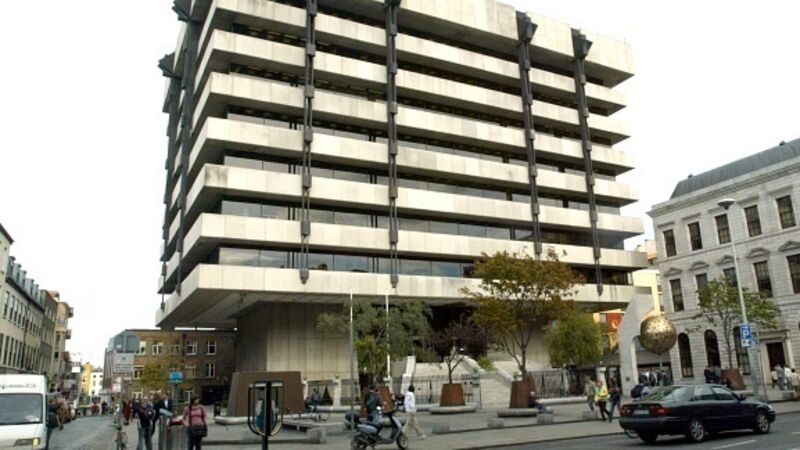Wage levels too high, says Central Bank

“Ireland has done a lot over the past few years to improve competitiveness but there is still a case for lowering the cost base in the public and private sectors,” said the Central Bank’s new chief economist, Lars Frisell.
However, Mr Frisell stopped short of calling for public sector wage cuts. He said that is ultimately a decision for the Government.
















